
New York's wealthy warn of a tax exodus after Mamdani's win - but the data says otherwise
Prof. Cristobal Young researches whether high earners actually move when their taxes go up, finding that Millionaires have low migration rates.
Read more Department Homepage
Department Homepage
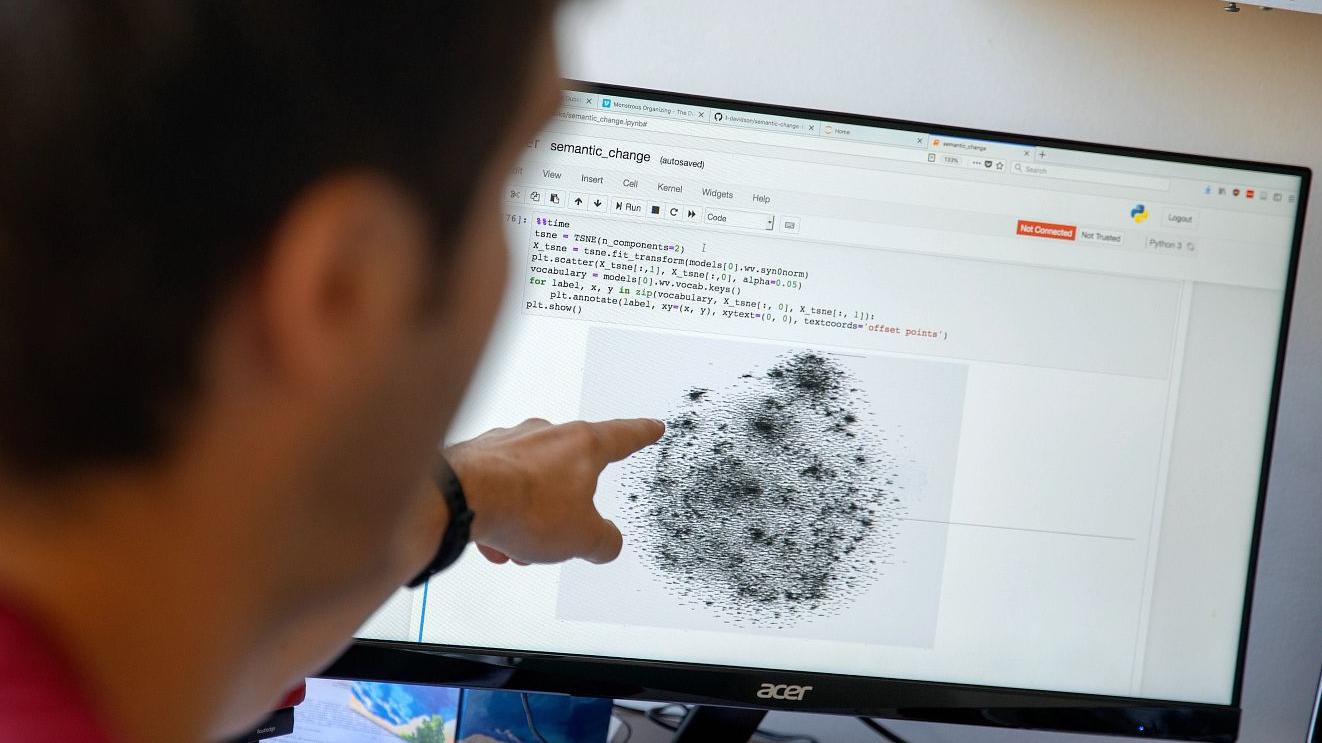
The department is known for the cutting-edge research of its faculty and for its exceptionally strong graduate and undergraduate training programs.
The department’s focus on basic science is complemented by a deep commitment to informing public and educational policy, particularly on issues related to gender and racial inequality, income inequality, poverty, drug use, economic development, school funding, organizational practices and race and ethnicity.

Prof. Cristobal Young researches whether high earners actually move when their taxes go up, finding that Millionaires have low migration rates.
Read more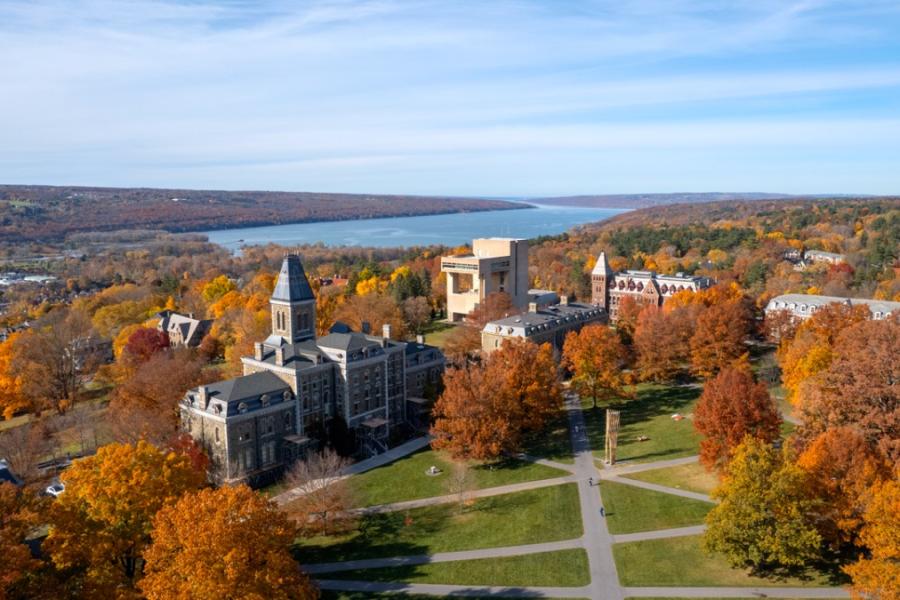

The Cornell Center for Social Sciences offers multiple grants to help Cornell faculty maximize their research impact. These awards help seed ambitious projects and provide support to teams of faculty applying to major external funding and collaboration opportunities.
Read more
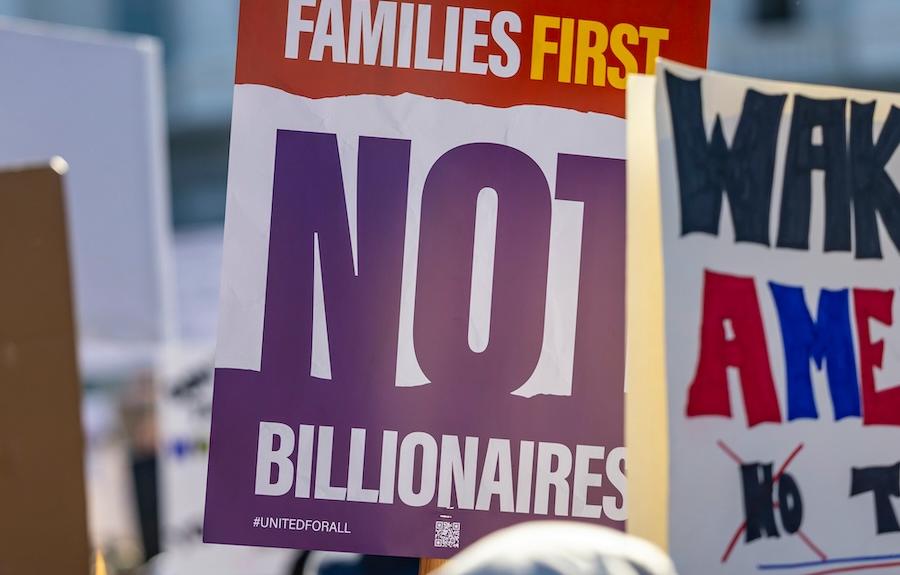
Cristobal Young, sociology professor, comments on taxing unrealized capital gains in CA.
Read more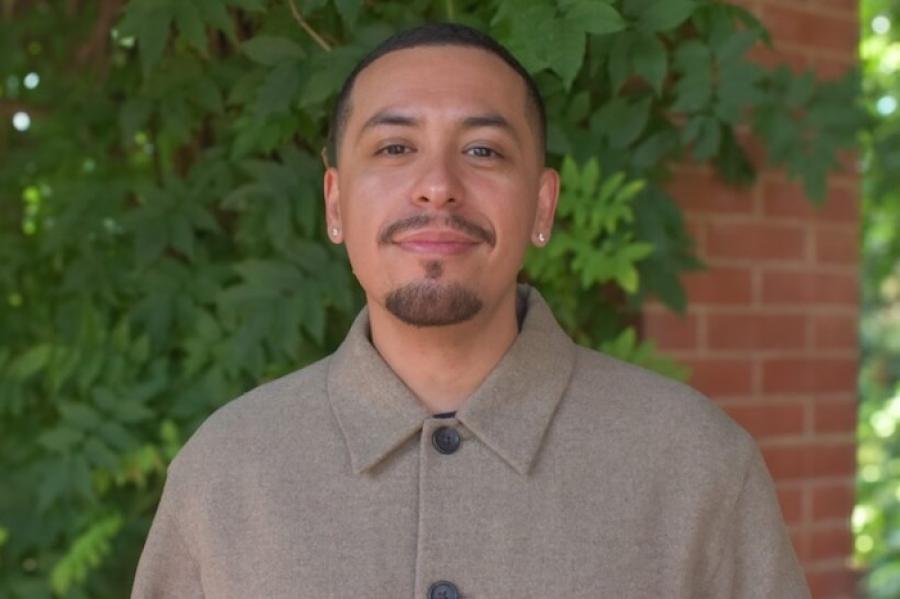
Raul Armenta, a doctoral student in sociology from Los Angeles, studies the intersection of education and the criminal legal system under the guidance of Bryan Sykes.
Read more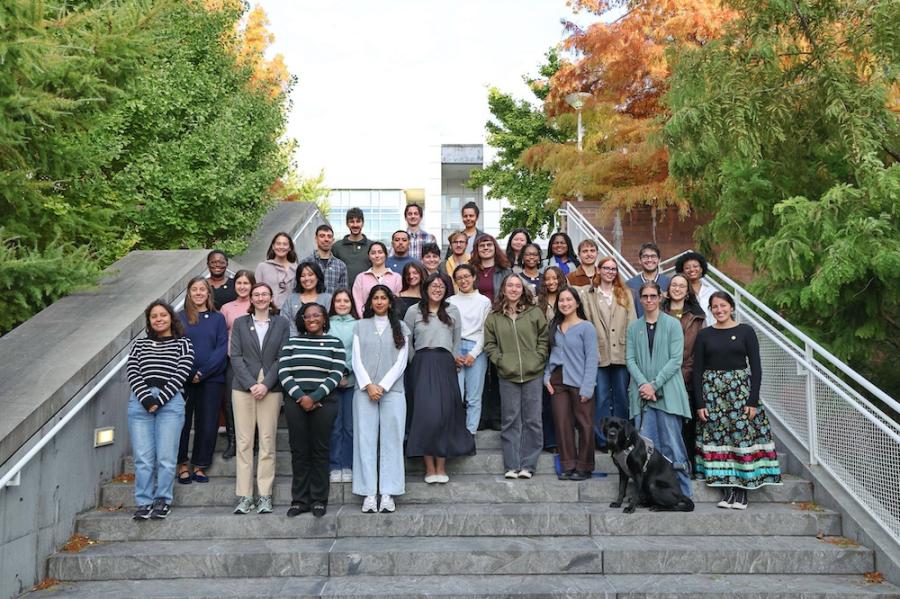
A&S-affiliated graduate students were among nearly 60 welcomed by the Graduate School as new Dean’s Scholars at an event to honor students selected for this distinction for academic excellence, leadership, and service.
Read more
Coordinated efforts across Texas, Louisiana, and Arkansas requiring public schools to display the Ten Commandments "test whether American public schools belong equally to all families—or whether some families' faith gets privileged by law while others' gets diminished by the state.”
Read more

Liberals and conservatives both oppose censorship of children’s literature – unless the writing offends their own political ideology, showing how a once-bipartisan issue has become polarized.
Read more
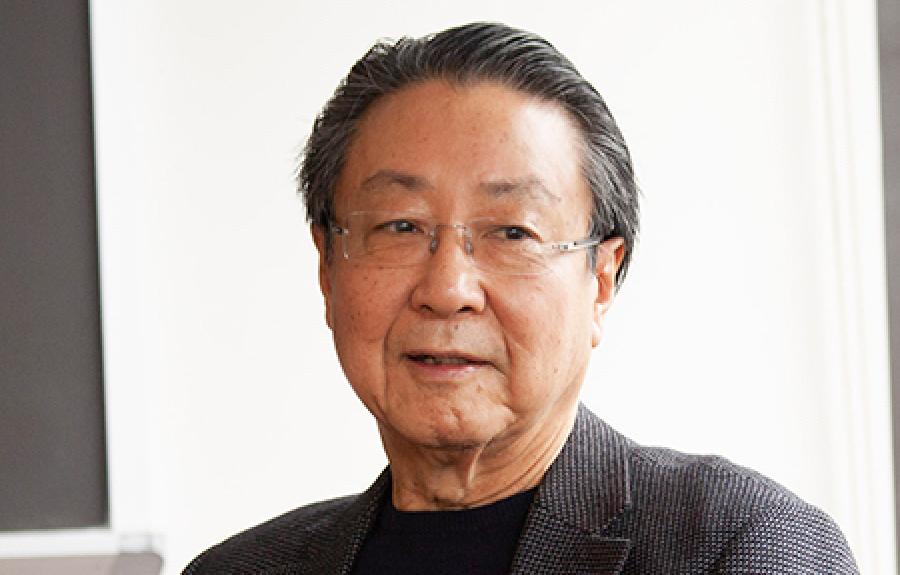
Professor Victor Nee’s autobiography in the Annual Review of Sociology traces the accumulation of experiences involved in a research journey aimed at explanation of social behavior and institutional change.
Read more
Sociology is the study of social life, social change, and the social causes and consequences of human behavior. Sociologists investigate the structure of groups, organizations, and societies, and how people interact within these contexts.
Because all human behavior is social, the subject matter of sociology ranges from the intimate family to the hostile mob; from organized crime to religious cults; from the divisions of race, gender, and social class to the shared beliefs of a common culture; and from the sociology of work to the sociology of sports.
Because sociology addresses the most challenging issues of our time, it is a rapidly expanding field whose potential is increasingly tapped by those who craft policies and create programs.
If you think you might be interested in Sociology, start by taking a class. Or, learn more about the major.
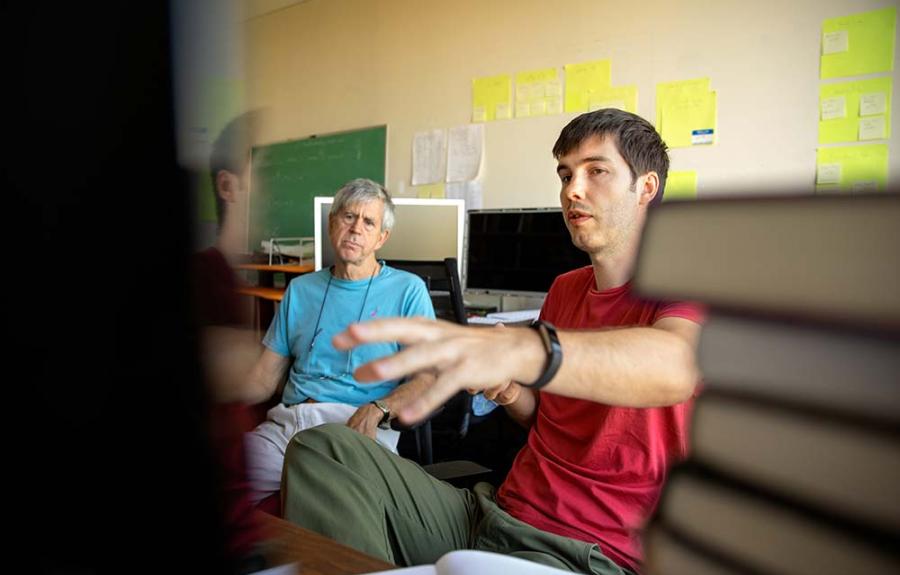
Cornell’s Graduate Field of Sociology provides top-notch training toward the PhD in Sociology, and has long been known for its emphasis on both theoretical innovation and methodological rigor. The Field, which is much larger than the Department, has close to thirty faculty members.
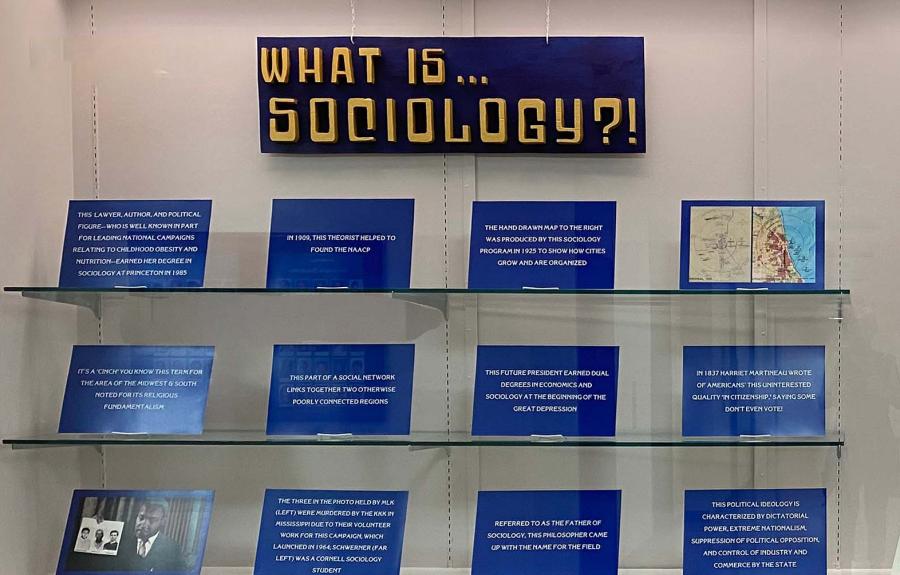
Check out the Department's Jeopardy! display case on the 3rd floor of Uris Hall and the corresponding Jeopardy! page, home to solutions, history, and a place where you can share your trivia ideas with us.